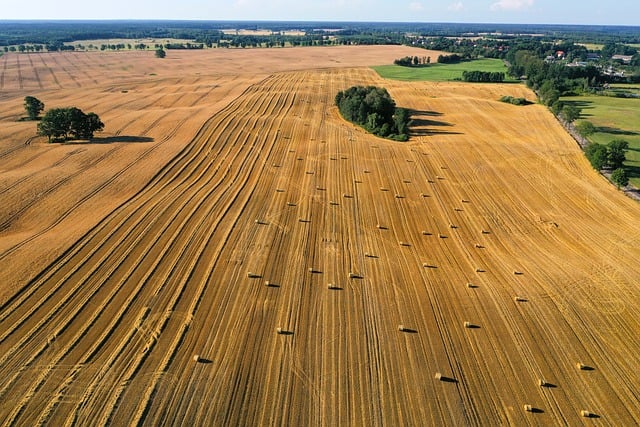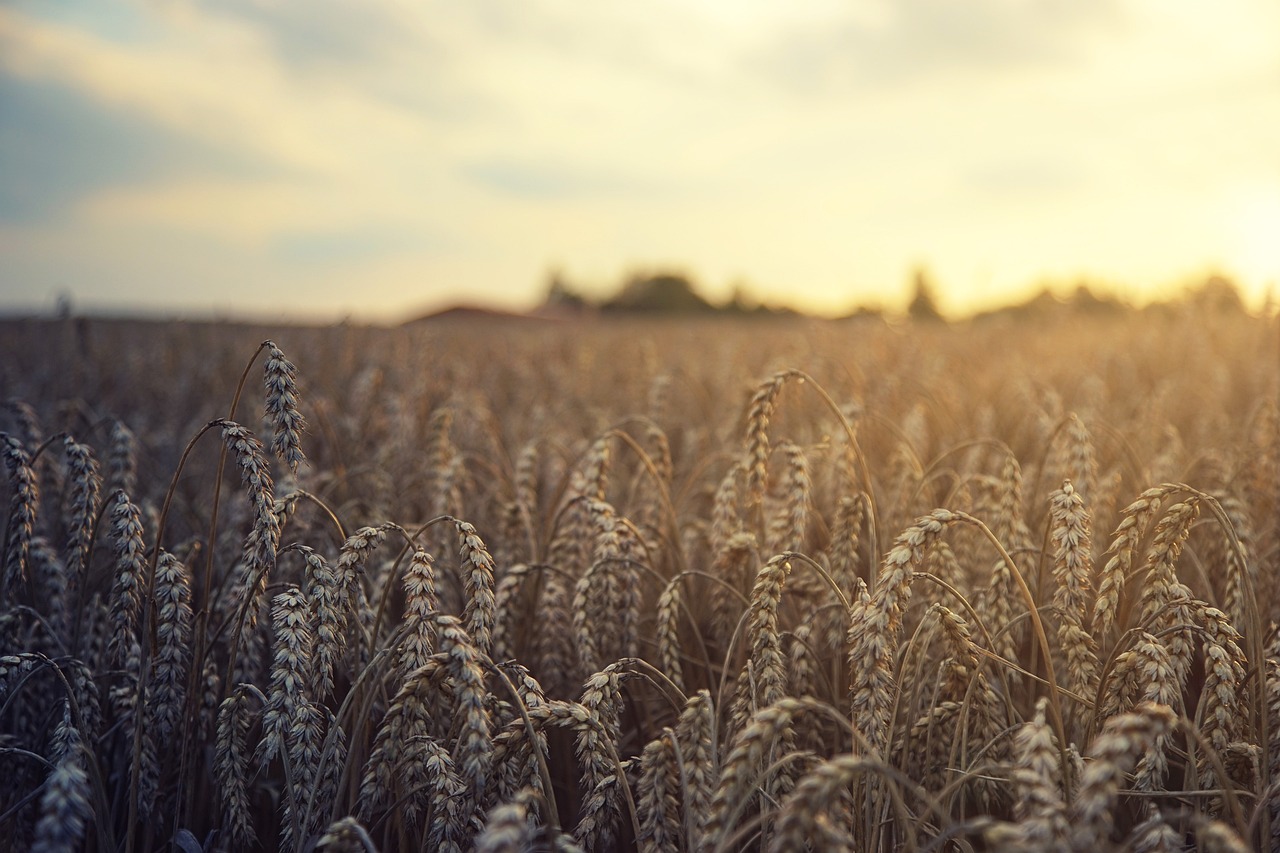
The choice of legal status for the purchase of a farm is a crucial step that can influence the management, taxation and transfer of the farm. In France, there are several types of legal status available, each with its own advantages and disadvantages. This article explores the status of individual farms and companies such as the EARL, GAEC and SCEA, and their tax and social security implications.
If you want to carry out your farming project with more than one person (apart from marriage or PACS), the choice of a company structure seems obvious. However, a sole proprietorship is also an option if one person is the farm manager and the others are employees, for example.
Before choosing the legal entity, it is essential to validate the arrangements for working together and sharing responsibility, and to ensure that the future partners share the same objectives.
Even if you are on your own, you can set up a company, either as the sole partner (EARL) or with a non-working partner who will only contribute capital.
In the past, people were advised to set up a company to protect their private assets from the risks of professional activity. This is no longer true.
Since 14 May 2022, a sole proprietorship no longer involves the entrepreneur's personal assets. This reform also put an end to the status of the Sole Proprietorship with Limited Liability (EIRL). Previously, and for a number of years, the home of the sole trader was already exempt from seizure.
Furthermore, in the case of a civil partnership (SCEA), the liability of the partners is unlimited but proportional to the capital held.
Although partners' liability is limited in the case of an EARL (to the amount of the share capital) and a GAEC (twice the amount of the share capital), this protection is often illusory. Banks often require partners to act as joint and several guarantors for loans. If you agree to this request, you will not benefit from the protection of your personal assets.
The sole proprietorship is the simplest and most common form of small farm. It is run by a single farmer, often with the help of his family. Since May 2022, there has been a distinction between personal and business assets, which means that the farmer is liable for the company's debts solely from his business assets and not from his personal assets.
Profits are subject to income tax as agricultural profits. The lack of separation of assets and liabilities may result in higher taxation in the event of substantial income.
The EARL is a non-trading company that can be a one-person business or made up of several partners (up to 10). It limits the liability of partners to their capital contributions.
The operating partners are necessarily the majority shareholders and the non-operating partners the minority shareholders.
Profits are generally subject to income tax, but it is possible to opt for corporation tax. This option is irrevocable and should be chosen with care.
The GAEC is a non-trading company that enables several farmers to pool their holdings while retaining a degree of autonomy. The number of partners is limited to between 2 and 10, and liability is limited to twice the fraction of share capital held by each partner.
All partners must be involved in farming. It is not possible to have partners who are not farmers.
Profits are subject to income tax in the name of the partners, but it is possible to opt for corporation tax.
The SCEA is a non-trading company with no minimum share capital, and offers great flexibility in terms of management and membership.
It is possible to have non-farming partners with a majority shareholding.
Profits are subject to income tax, but it is possible to opt for corporation tax, offering a degree of tax flexibility.
| Type of company |
SCEA |
GAEC |
EARL |
| Minimum number of partners |
Min 2 |
2 à 10 |
1 à 10 |
| Capital social minimum |
No minimum |
1 500 € |
7 500 € |
| Approval required | No |
Yes |
No |
| Liability | Unlimited | Limited to 2x share | Limited to share |
| Imposition |
IR or IS |
IR or IS |
IR or IS |
| Voting rights | 1 vote per shareholder |
Proportional to shares |
When it comes to choosing a legal status for a farm, commercial companies can also be considered, although they are less common than civil structures such as the EARL or GAEC. Here is an overview of the criteria to consider when choosing a commercial company for a farm:
Trading companies are particularly suitable when farming is accompanied by commercial activities, such as the purchase and sale of agricultural products or the provision of related services. This allows these different activities to be brought together within a single legal structure, making management and accounting easier.
Possible commercial companies include :
Société à responsabilité limitée (SARL): Offers liability limited to contributions, similar to the EARL, but with greater flexibility to include commercial activities.
Société anonyme (SA): Suitable for large farms needing substantial capital and wishing to raise funds.
Société en nom collectif (SNC): Involves unlimited joint and several liability of partners, but can be interesting for partnerships based on trust.
Groupement d'intérêt économique (GIE): Aims to facilitate or develop the activity of its members without the objective of direct profit.
Advantages: Trading companies provide a clear separation between personal and business assets, offer a structure suitable for diversified activities, and facilitate access to external finance.
Disadvantages: They require more complex administrative management, with more onerous accounting and legal obligations. In addition, they may be subject to corporation tax, which may be less advantageous from a tax point of view for some farms.
Choisir une société commerciale pour une exploitation agricole peut être pertinent lorsque l'activité dépasse le cadre strictement agricole et inclut des éléments commerciaux significatifs. Ce choix doit être bien réfléchi en fonction des objectifs de l'exploitation, de la nature des activités envisagées, et des implications fiscales et administratives. Il est conseillé de consulter un expert juridique ou fiscal pour déterminer la structure la plus adaptée à ses besoins spécifiques.
A partner in an agricultural company has the same status as a sole trader who is affiliated to the MSA. Social security contributions are calculated on each partner's share of income (labour remuneration + share of profits).
Under certain conditions, it is possible in a SCEA or EARL to be both a partner and an employee of the company, with a different social security status.
The choice of corporate status for partners in a farm depends on the type of structure chosen, whether it is sole proprietorship, partnership or commercial. Here is an overview of the corporate status associated with each type of structure:
On a sole proprietorship, the farmer is considered to be a self-employed agricultural worker. This status means that they pay contributions to the Mutualité Sociale Agricole (MSA) for their social security cover, which includes retirement, sickness and family benefits. Family members who take part in the farm's work may have the status of farm collaborator or family helper, which enables them to benefit from specific social protection.
EARL (Exploitation Agricole à Responsabilité Limitée): The partners have the status of non-salaried farmers. They pay contributions to the MSA, unless they are employees of the business, in which case they are salaried employees affiliated to the MSA. The EARL also allows the inclusion of partners who are not farmers, who may be capital contributors with no agricultural social status.
GAEC (Groupement Agricole d'Exploitation en Commun): The partners are also considered as non-salaried farmers and benefit from the principle of transparency, which enables them to retain the social rights to which they would have been entitled as individual farmers. All members must participate effectively in the work and management of the group, and receive a monthly remuneration.
In a commercial company, the partners may have different corporate statuses depending on their role in the business:
Non-salaried partners: These may be considered as non-salaried agricultural workers if they are actively involved in the farm.
Salaried workers: If the partners are employed by the company, they come under the general salaried scheme of the Mutualité Sociale Agricole.
Contributors of capital: These partners may not have any specific agricultural social status, especially if they are not actively involved in the farm.
So the choice of social status is closely linked to the legal structure of the farm and the roles of the partners within it. It is crucial to assess these aspects carefully to ensure that social security cover is adequate and complies with legal obligations.
The choice of legal status for a farm depends on a number of factors, including the size of the farm, the number of partners and long-term objectives. Each legal form has its advantages and disadvantages in terms of liability, management and taxation. It's crucial to evaluate these aspects carefully before making a decision, and to consult an expert when choosing the structure for your farm.